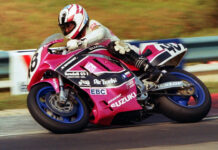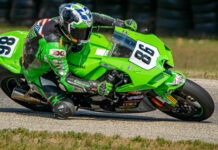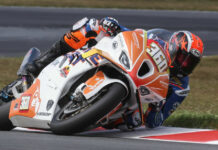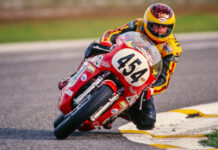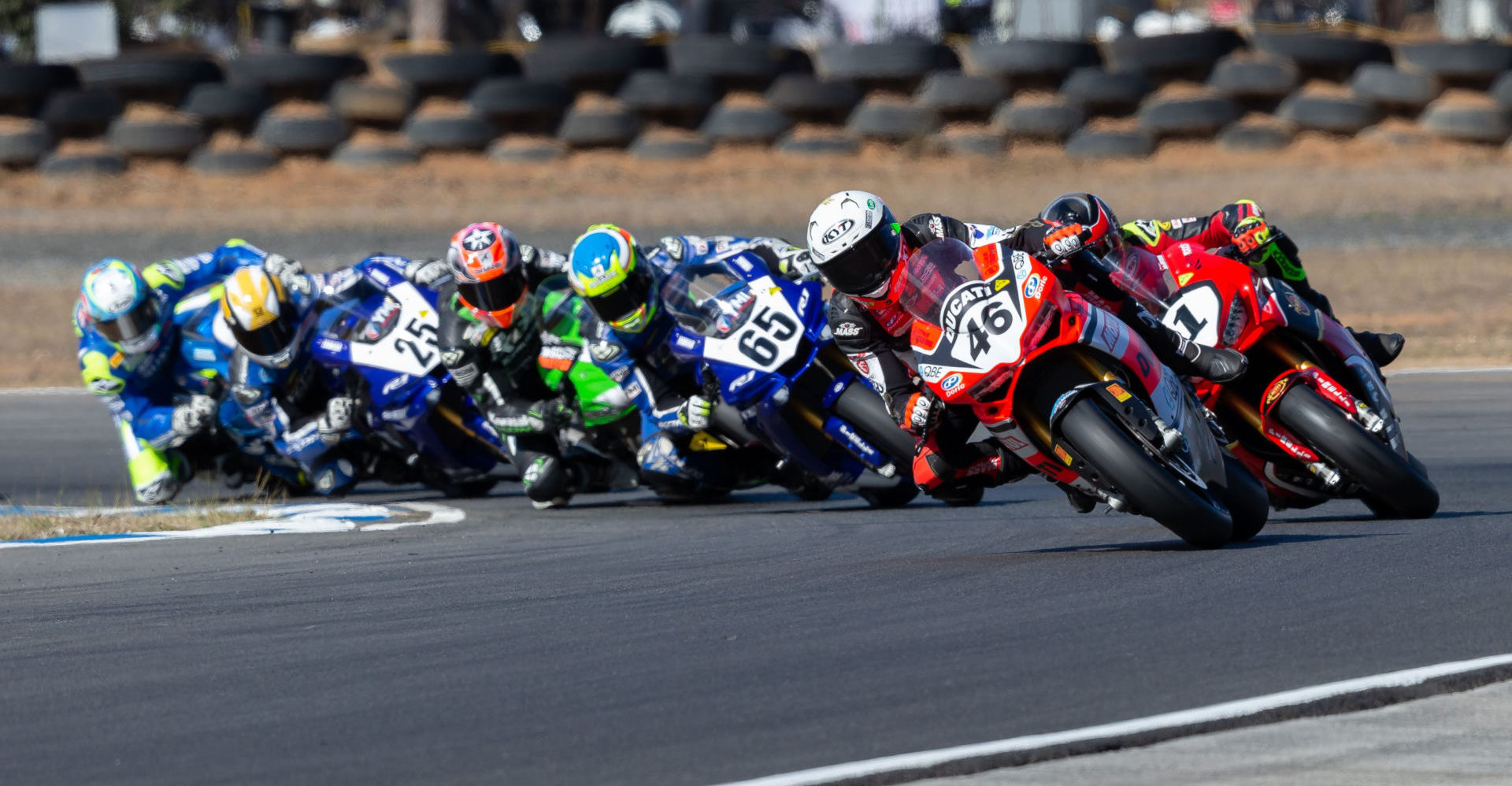Becoming A Champion – The Mental Game
The World’s best athletes use them, Australian motorcycle racing champions past and present have and still use them today.
Riders spend thousands of hours exercising their bodies into peak physical condition, endless hours fine tuning their race machines, lap after lap honing their skills, but what about their mental health?
What is sports/performance psychology and how can it help riders reach their goals of standing on top of the number one podium position.
With COVID-19 restrictions and racing in a holding pattern, many riders are sitting idle, but should they be, or is now the best time to hone fitness, skills, and mental development for when racing re-starts?
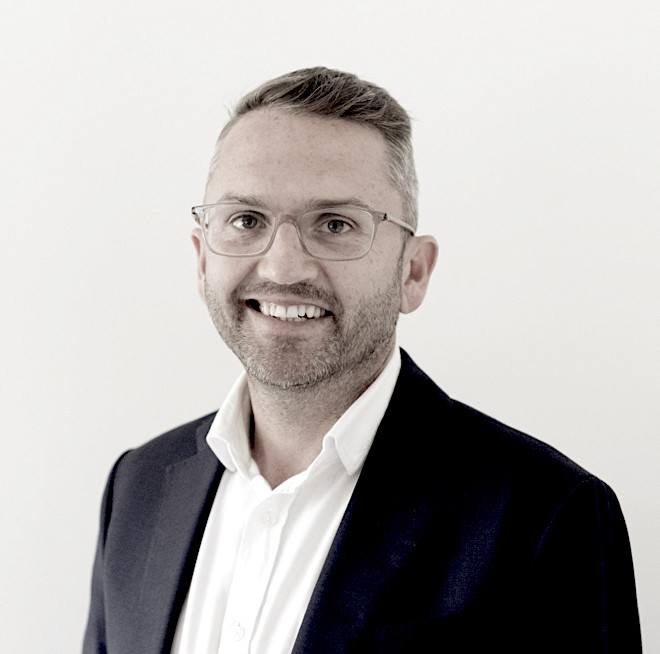
Motorcycling Australia (MA) spoke to Australian Institute of Sport Performance Psychology Network Lead, Jonah Oliver, a man who works with world champions, the best of the best in sport to help them attain their goals.
Combining his training in sport psychology and neuroscience, Jonah works with a wide variety of sporting and corporate clients including the AIS, Olympians, professional golfers, soccer, AFL players, and NRL players , elite tennis players and coaches, Supercar drivers and teams, just to name a few.
Sports/performance psychology coaches are used by athletes both amateur and professional to gain optimal performance in both body and mind using biomechanics, physiology, kinesiology and psychology.
“I help people focus, looking at the mental aspects of performance and focusing on the right thing at the right time,” Jonah said of his coaching.
“A lot of athlete’s fears and anxieties are based on reality. Traditional psychology is stemmed from treatment based on irrational fears, disorders of thinking, phobias.
“Whereas my clients if they say if I don’t hit an apex I’m going to get flicked on the high side and hit that wall, you are treating real fears.
“Athletes have to perform in very restrictive time frames, milliseconds, where as if I’m a traditional employee and I have anxiety before I walk into a boardroom, I can stop at the door, take a breath and reset and in I go. You can’t do that at the start line or in the middle of the apex. We have to train our athletes.”

Jonah said all athletes worry about things they care about, not about confidence, but competence, not about being calm, but focused.
“I help normalise peoples emotional experience, we get anxious before a race, we get angry during a race when we make an error, and we feel sad or disappointed if we haven’t reached our standard after a race, that’s really normal stuff.
“It gets a bit Dr Phil here – If I stop worrying that I get worried, when my adrenalin is pounding, my hearts pounding and I’ve got thoughts of how I race, and I go thanks brain just my normal pre-race thoughts, all of a sudden I can focus on my race plan, my apex, my start line procedure.
“My work is freeing people up from their psychology so they can focus on the right thing at the right time.
“The biggest thing is learning that anxiety, nerves, doubt, insecurity, low confidence is normal, and the moment I don’t worry that I have those thoughts I can get on with being the rider I think I can.”
Jonah said most athletes have specialised individual needs of their sports/performance psychologist.
“Sometimes it’s looking at removing an existing problem, there might be some performance anxiety, residual fear which is leading to safe riding, or not riding on the edge, or they are worried about repairs to a bike because of a crash.
“Instead of getting rid of the fear of crashing, or getting rid of the thought, it’s ok to have those thoughts, they are just thoughts.
“First: learning the skill to make room for tough unwanted unpleasant thoughts, and then not lose focus by them being there.
“Second: connect to what sort of value you want. One rider says it’s more important to not take anyone out and another one says they want to win. So when I work with people who have hindering relationships to their fears or their riding philosophy and style, it’s just about connecting to what’s more important, not the anxiety.
“Often I’ll get riders to say what do you want to be, what do you want from your career, and they’ll say I want to be world champion, I want to be best I can be. If that’s important to you then you might have to sit with some of the internal conflict that shows up when you go into a corner aggressively.”
Jonah said racers need to have a long-term goal to help them train and compete as short-term goals can be disrupted at the moment as sporting calendars are not possible to predict.
“I encourage riders to connect to their values and vision of the athlete they want to be.
“If I help an athlete who says I love self-improvement, mastery. I love this sport because you never stop learning and I want to be the best I can be. What does that look like today, as it has nothing to do with national championships? But you can train for that today and be better today than yesterday.
It’s about connecting to something more permanent and lasting, that is deep within us, our value set, not just short-term outcomes like a race schedule as they are all up in the air.”
While COVID-19 would see athletes question their future, Jonah said Australian racers looking to compete overseas this year, had the biggest advantage.
“If you are a young athlete just starting to break into the sport, having an additional year before a world championship is welcomed.
“People think COVID-19 restrictions have been a negative, but there are a whole bunch of athletes that have gone ‘this gives me an extra 12 months to really get my skill level, fitness strategy, and mentally to a level where I will be even more dominant’.
“Some athletes are relieved they have more time. Other athletes close to retirement who thought they might do one more championship, one big race or an event like the Olympics are the ones quite thrown out of whack as now they need to revaluate – do they still have the passion to continue, can they afford to continue.
“Then the group in the middle, the majority, have gone WOW, that’s really crazy and thrown my whole schedule and thinking out, but you have the buffering effect of it being a global pandemic.
“If it was just a pandemic that affected only Australia or just motorcycle sport you would feel disenfranchised, but there seems to be something like a collective buffering effect, we are all going through this together, but for athletes it’s about letting go of that attachment.
“I’ve done a lot of work in the last month around increasing comfort with discomfort.
“You might know within a month roughly when the new competition schedule is and guess what that might change in a month if there is another outbreak. So instead of craving certainly, the work we’ve been doing around Australia as psychologists is increasing athlete’s ability to sit with inherent uncertainty, but not compromise their training standards.
“When we come out of this restriction and isolation, you are going to find out those that continued to train well and those that didn’t
“It’s a wonderful opportunity to test your honesty with yourself and inner motivation to be the best you can be and ask, how can I use this to come out with a competitive advantage against my rivals.
“As a nation we are in a pretty good position compared to the rest of the world, so for those that do compete on an international level they can be well ahead of others (in other countries) who aren’t even allowed to come outside their apartment at this point.”
Jonah said riders looking to take on a sports/performance psychologist should get some real benefits from four to six sessions.
“With the professionals I work with around the world in motorsport often it’s an ongoing engagement because you’ve done the work to build the skills, and then you want to transfer that into automaticity as well as ongoing support as you negotiate a world championship.”
So is a sports/performance psychologist for you?
“It’s like not having a mechanic or not putting fresh rubber on the bike, the human machine interaction is so nuanced and complex, if you tune up the bike, why wouldn’t you tune up the mind,” said Jonah.
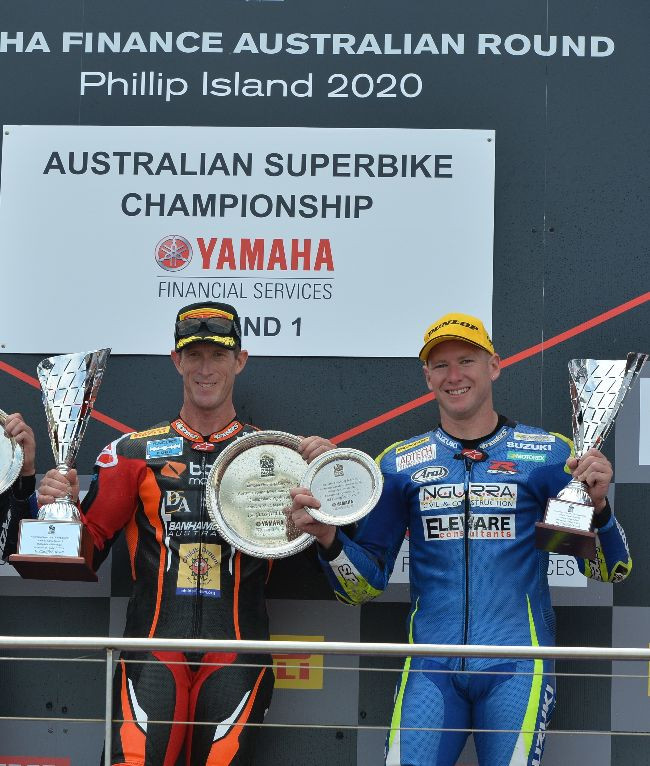
JW Racing’s Josh Waters and Boost Mobile’s Wayne Maxwell – who have a swag of Australian titles between them have used sports/performance psychologists in the past and believe they have helped them maintain their championship winning form.
“A big part of it is having confidence and having good people around you who support you 100 per cent,” said Waters.
“You just need to look at the high-level sports professionals who use them, and it works because of the team they have around them, and for us we need someone who understands our sport.”
Maxwell said it was vital in putting proper processes in place for his weekend racing.
“It helps you get the most out of yourself and you have to have the right people around you as well, and I was lucky I was surrounded by other good people.”
In using the service, Maxwell said “you have to be honest with yourself as well to make it work and get the most out of it”.
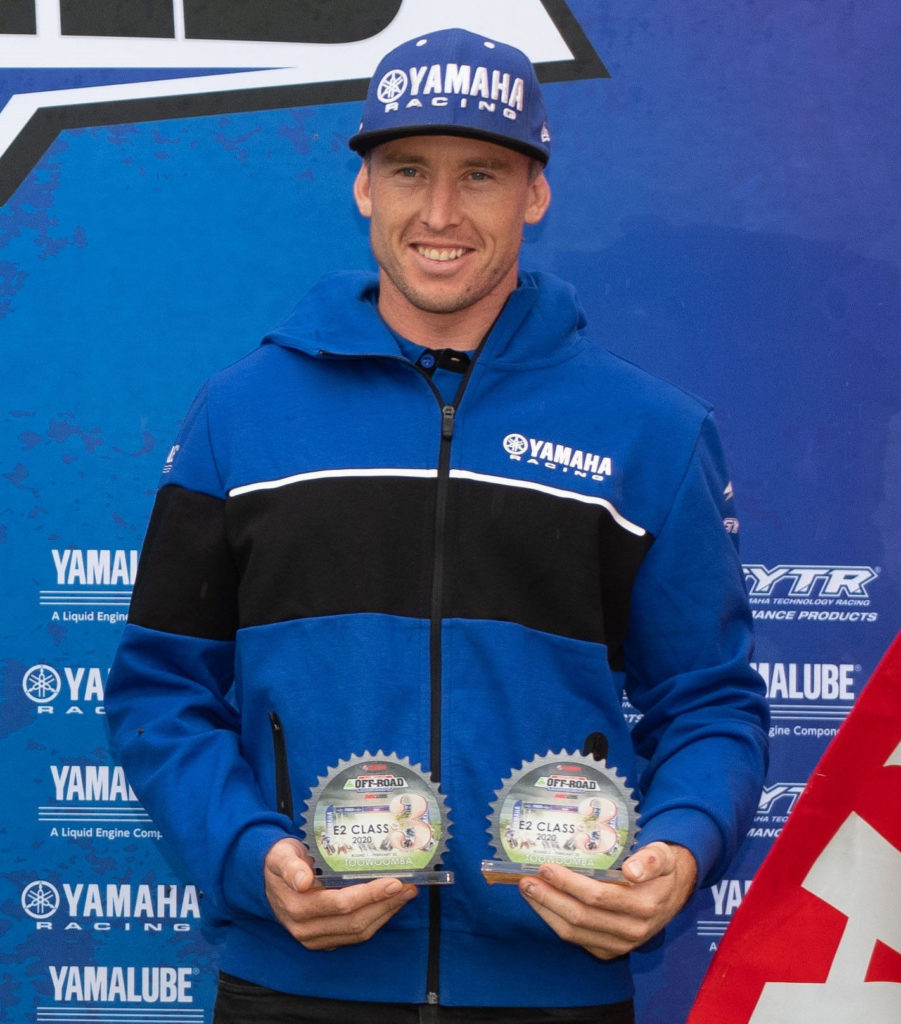
Australian Off-Road Championship Active8 Yamalube Yamaha rider Josh Green has also used the services and recommends them to younger riders wanting to assist them with their riding.
“Definitely they can help and I’d recommended them to younger riders if they need them which I have done.”
There are a number of sports/performance psychologists in each State and Territory around Australia and different representative bodies which you may like to look into including the Australian Institute of Sport https://www.ais.gov.au/mhrn or Australian Psychological Society https://www.psychology.org.au/for-the-public/about-psychology/types-of-psychologists/Sport-and-exercise-psychology


